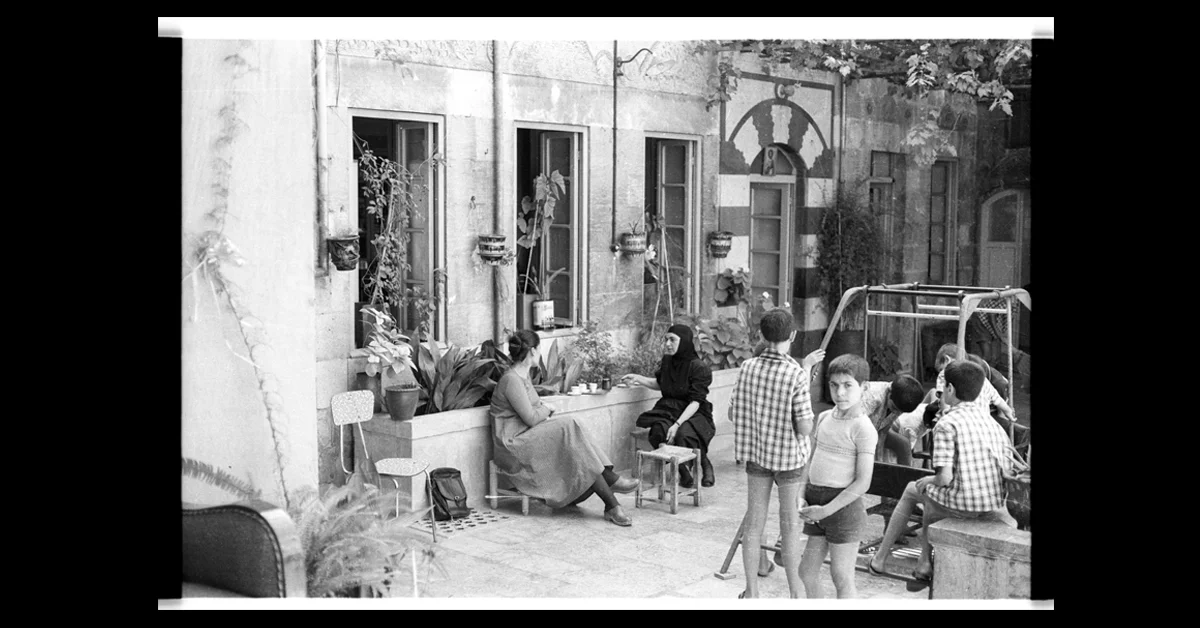Women as Custodians of Oral Heritage
In many societies, women’s involvement in various spheres of community life, had put them in a central role in transmission of values and traditions of communities, and maintaining familiar and cohesive social relations. This role is vital in intergenerational transmission of intangible cultural heritage, including language, codes of ethics, religious beliefs and other forms on unwritten oral expressions like proverbs, songs and lullabies, making them act as custodians of cultural heritage of their communities.
To shed a light on this role in Syria, we present a small sample of stories, interviews, memories and sound bites that we have gathered through our work with community members, authors, and collaborative partners.
More is needed to reflect the diversity of these narratives and the different roles Syrian women play in shaping these narratives. This shies away from being a representative sample of the women of Syria. It is only a work in progress. The opinions presented here belong to those who voiced them, and some of the memories contain passages in spoken dialects – nonstandard Arabic- kept as expressed by the memory owners. Adding to this is a step we hope to complete with contributions from all of you. Contribute with your story on this theme here.

Aramaic Language
Munira, a woman from the village of Jaba’adin shares songs and memories on growing up in one of the only 3 remaining still villages speaking Aramaic.
Interview by Rania Kataf

Of Wine and Poetry
Muna, is from Rakhleh, a small town in southern Syria, believed to be the roman town of Zenopolis, where daily agricultural activities intersect with the ruins of an ancient city. Rakhleh’s unique location also influences the town’s social habits.
Interview by Rania Kataf

Bedtime Stories
Rajaa tells how her French educated grandmother transferred global children stories and shared them with a local flair.
Interview by Rania Kataf
Muwashshahat: sung poetry from Andalusia
Sara Darwish is a student of the Higher Institute of Music in Damascus, Syria. She sings the traditional Muwashshahat genre.
Video Interview by Rania Kataf

Life and tradition in a matriarchal Ezidi community
Sara and Basma live in Sinjar (Northern Iraq). They share knowledge about the traditions and culture of the Ezidi community in Northern Iraq and Syria.
Interview by Anne Mollenhauer
